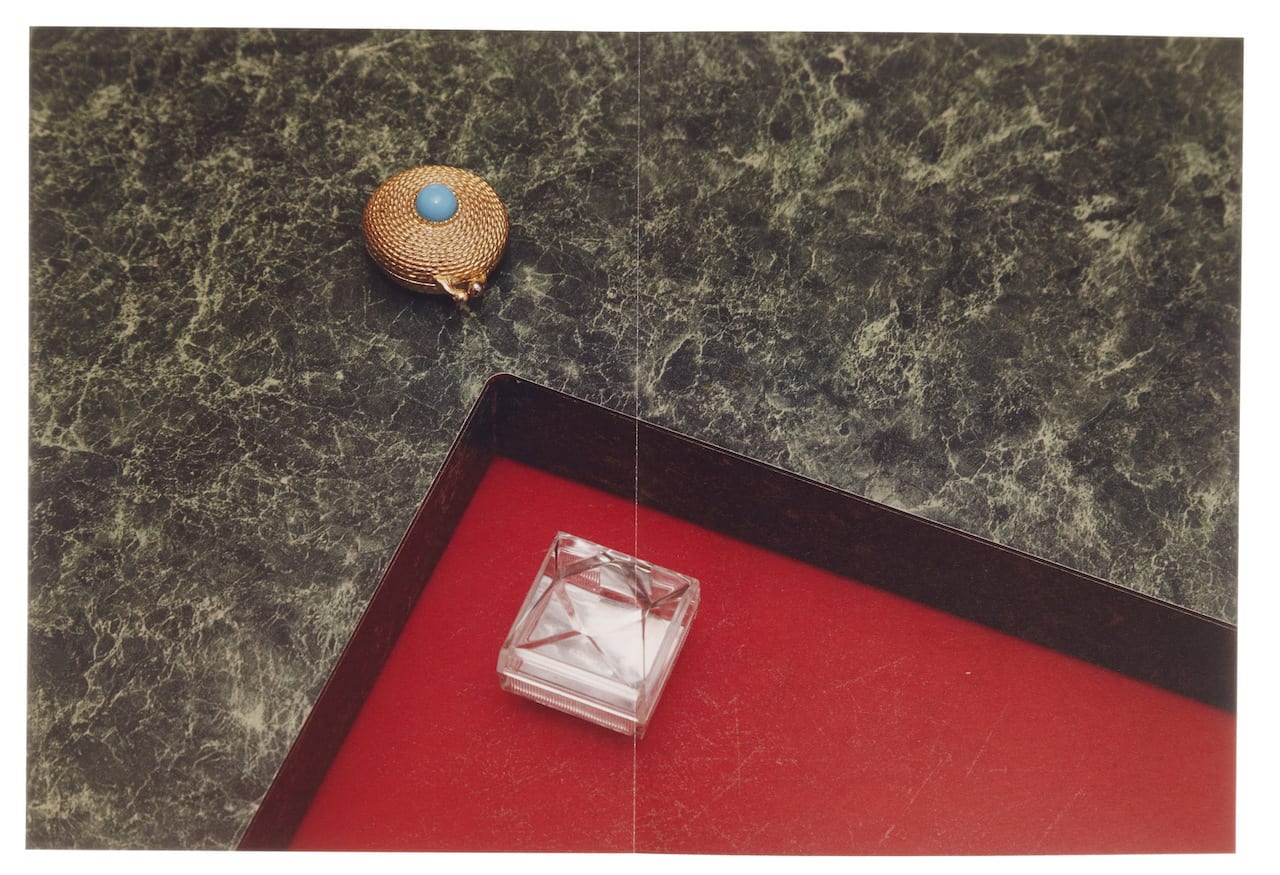Maria Sturm’s You don’t look Native to me
BJP published Maria Sturm’s series You don’t look Native to me in the October issue, so we were very happy to see it win the PHmuseum Women Photographers Grant. Shot in Pembroke, North Carolina, the economic, cultural and political centre of the Lumbee tribe, the project shows young Native Americans and opened up questions about visibility, identity, and stereotyping in the US. We were also happy to see the sheer strength of the PHmusem shortlist, showing off world-class photography by women from all over the globe.
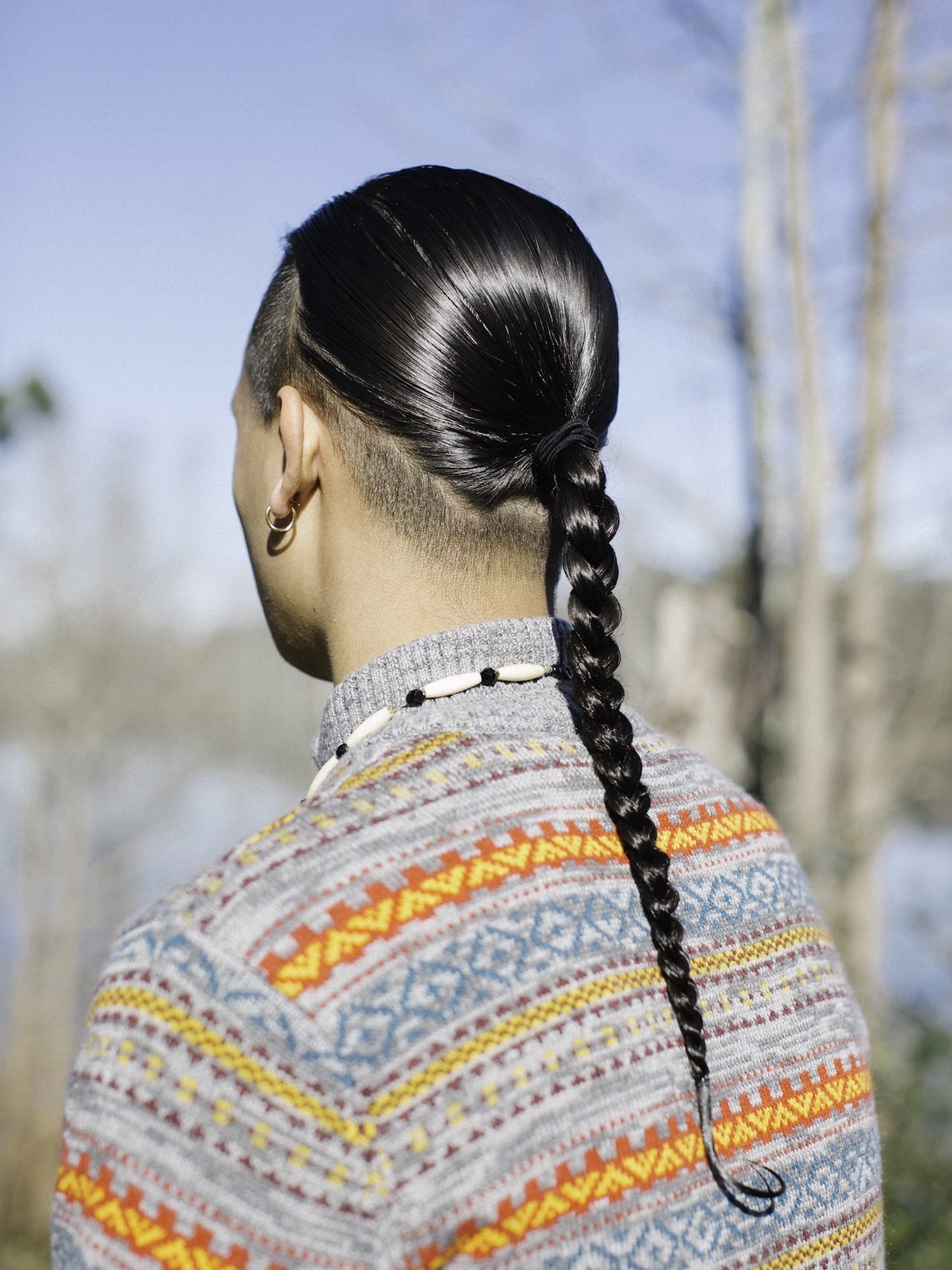
Jean-Vincent Simonet’s psychedelic images of Tokyo
For his latest body of work, In Bloom, Swiss photographer Jean-Vincent Simonet prints onto plastic paper then washes the photograph with chemicals, creating warped images that echo the near-psychedelic experience of Tokyo at night. “I love how the city is in perpetual metamorphosis. It’s always moving and glowing,” says Jean-Vincent Simonet. “Giving a liquid feeling to the photographs made sense to me. It reinforced the psychedelic experience of being in the city.”
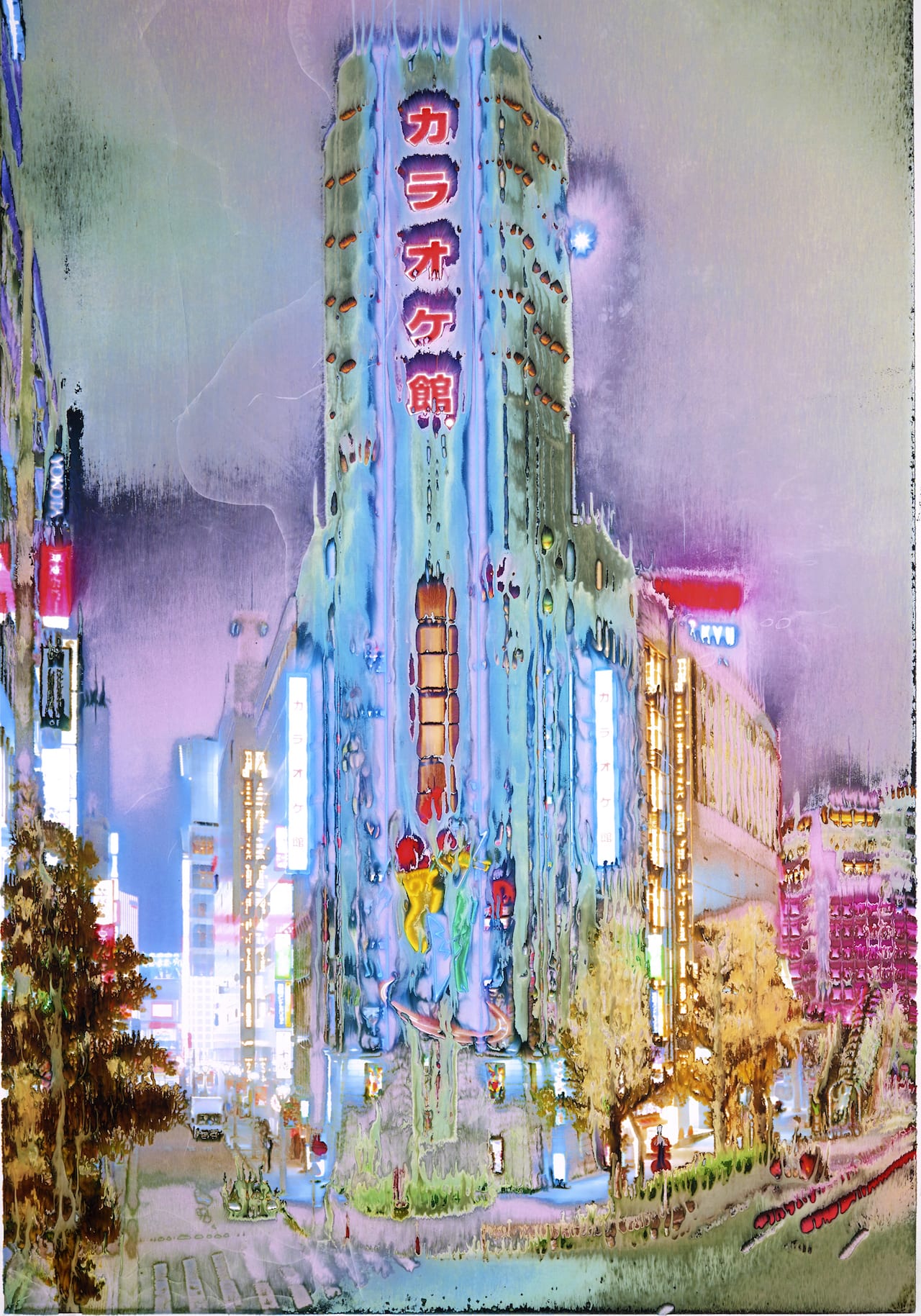
Roger Melis’ photographs of East Germany
Born in Berlin in 1940, Roger Melis was keen to travel the world through journalism but quickly found his wings clipped when the Berlin Wall was constructed in 1961. His travel was restricted to Eastern Europe and the USSR, and East Germany quickly became his main subject. Working for GDR titles that exercised “rigid editorial control”, he nonetheless given access to otherwise inaccessible locations such as artisan and industrial zones, mines, schools, hospitals, institutes, offices and even Russian barracks; Melis also “took the opportunity to photograph the undesirable, the displaced and the silenced”, creating a body of work “that ended up consigned to a drawer”. Now, his retrospective In a Silent Country, Photographs 1965 – 1989 has been published for the first time with an English translation.
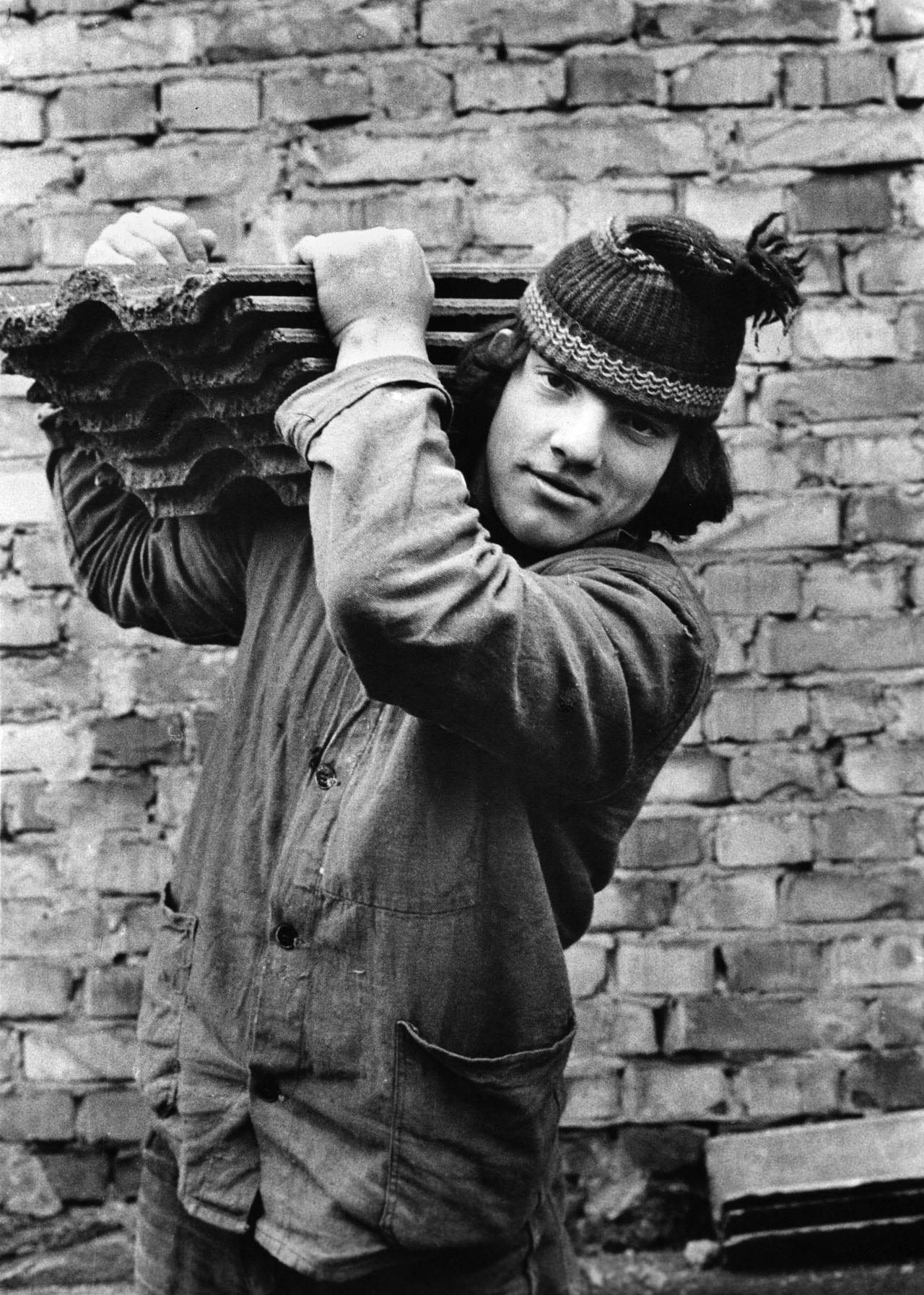
Dawoud Bey, Places in History
Born and raised in New York, Dawoud Bey began his career in 1975 and has now been shooting for 40 years. His work varies from images of everyday life in Harlem, to a portrait series commemorating the six young African-Americans killed in bombing attacks in Birmingham, Alabama in 1963, to a series which reimagines the movement of fugitive slaves in the 19th century through the Ohio landscape to the free states and Canada via the Underground Railway. Four of his projects are now on show at the Stephen Bulger Gallery in Toronto, Canada.
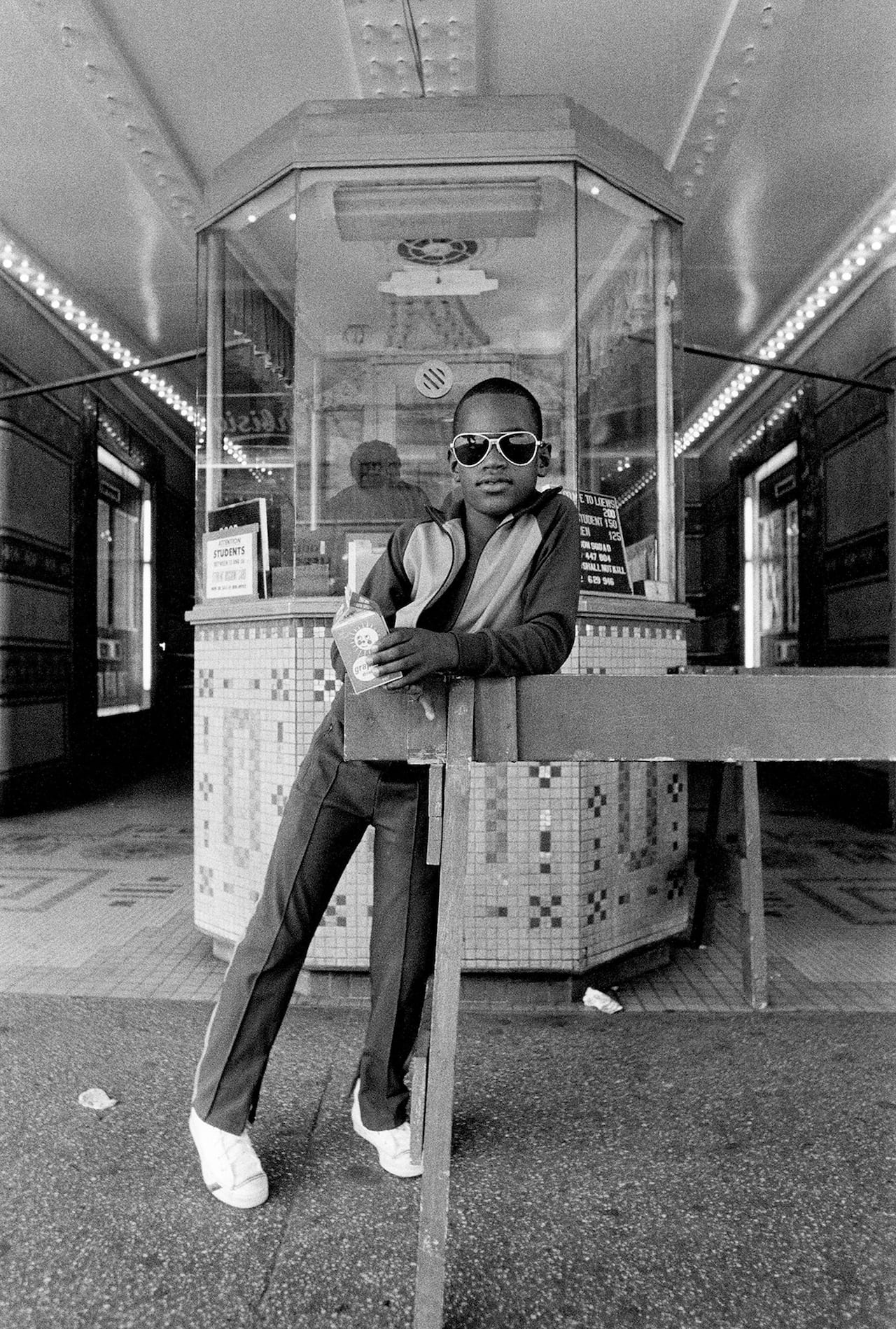
MACK’s First Book Award opens to all
The First Book Award is a prestigious prize for first-time photobook-makers, which sees photographers get the chance to make a book with MACK that’s launched at Photo London. So it’s great to see the prize open up to all who want to enter, rather than solely relying on its worldwide panel of nominators. “One of the things we are attempting to remove is the notion that unless you’re connected, unless you’re in the know and have contacts in that sphere, you can’t go forward,” Michael Mack, founder of MACK, told BJP. “We want to discourage that idea.”
